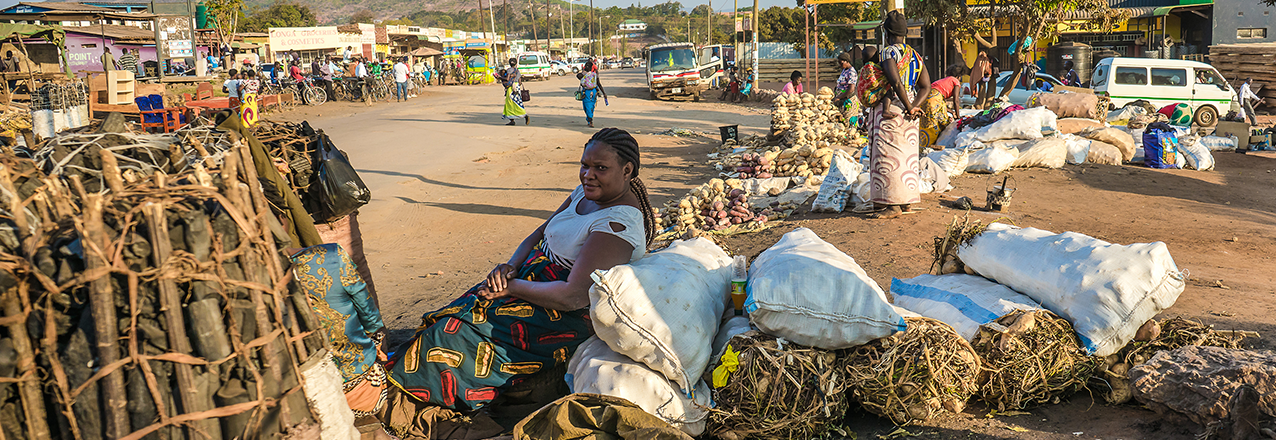Peri-urban growth in Zambia faces particular challenges due to the interface of state and customary land administration systems with different stakeholders using land under leasehold and customary tenure regimes. The lack of structures to document these landholdings, share information, or resolve disputes between state and customary institutions presents risks to realizing sustainable development in peri-urban areas. This brief presents recent illustrations based on news media accounts of customary and state institutional overlap, planning and service delivery gaps, conversion of customary to leasehold land tenure, risks to public lands, and an inadequate land information system each of which contributes to peri-urban tenure insecurity. It concludes by identifying opportunities for protecting the rights of peri-urban customary smallholders and new urban settlers, promoting economic growth, reducing conflict, and improving resource management through the following four areas of work and twelve actions/recommendations, many of which are already conceptualized by the Government of the Republic of Zambia, but require additional support to be realized. These recommendations include:
Establish the current status of peri-urban land by: 1) developing an empirical understanding of peri-urban land tenure dynamics through targeted research; and, 2) documenting and making accessible state and customary land tenure information.
Recognize and protect existing rights by: 1) strengthening the recognition of the rights of existing peri-urban smallholders and residents of informal settlement; 2) protecting remaining public lands in peri-urban areas; and, 3) upgrading and planning informal settlements.
Respect and build on the technical capacities of government and the local legitimacy of customary institutions to improve rural/urban land governance by: 1) clarifying the role of chiefs in customary land under statutory tenure; 2) developing improved guidelines for consultation and consent around land conversion; 3) creating communication channels among councils and traditional leaders on land management; and, 4) developing and training local land tribunals composed of government and customary authorities.
Develop a Land Policy and associated legislation that integrate land administration and land use planning by: 1) ensuring the Land Policy addresses the issue of land rights in peri-urban areas; 2) designing legislation that can address challenges at the urban/rural interface; and, 3) bringing peri-urban and rural areas into the national planning process, while respecting the roles of all stakeholders and legitimate leaders.


